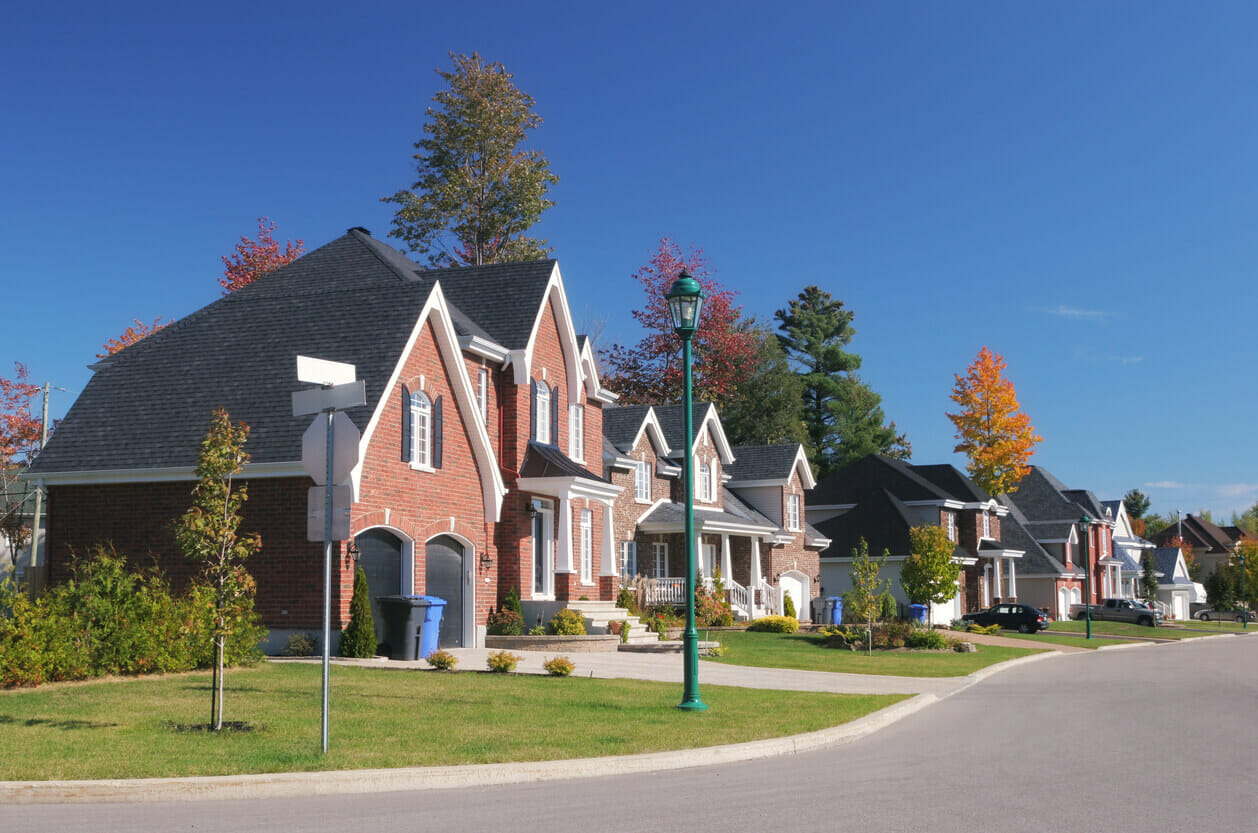The title isn’t wrong, but unfortunately, it’s not one that’s going to delight condo/HOA members either. If you live in a community where you are expected to pay dues, there is a good chance that those fees have gone up in 2023.
The thing is, it has become necessary for condo and HOA communities to raise fees in order to keep up with day-to-day expenses as well as long-term projects. Without the increase, communities may quickly find they don’t have enough to maintain operations, and this could lead to special assessments, dangerous community conditions due to lack of maintenance, or crippling debt.
Table of contents
- Everything is more expensive in 2023
- Why are people still choosing to live in places where they have to pay fees?
- Main reasons condos/HOAs increase fees
- Can anything be done to prevent fees from going up?
Everything is more expensive in 2023
Yes, we all understand that the cost of living increases over time. But there have been dramatic price increases in the past year. There have been eight interest rate hikes in the U.S. since March of 2022, and eight in Canada during the same timeframe.
The goal of these hikes was to combat aggressive inflation which occurred post-pandemic. As a result, almost everything has become more expensive, and condo/HOA members are feeling the squeeze.
In a small survey conducted by LendingTree, 45% of owners report that their HOA dues increased over the past year. 35% of those participants felt that what they are paying is too expensive to justify the benefits. However, 63% said their HOA is priced fairly.
Currently, annual dues average $291 a month, or about $3,500 a year.
New data from the CAI shows that fee increases have been far more significant in recent months. In 2023, 91% of respondents (including managers, board members and other community professionals) said they experienced an unexpected increase in expenses due to rising costs and inflation. 91% of respondents also said that they increased their budget in 2023 due to rising costs and inflation.
- 58% said the increase was between 0-10%
- 30% said the increase was between 11-25%
- 3% said the increase was between 26-50%
- 9% said the increase was not available or applicable
Finally, in order to have more money for the budget, the majority of respondents (73%) have increased assessments. 41% are working to reduce costs, and 15% are reducing reserve contributions.
No one likes to see an increase in monthly or annual fees. Remember, board members have to pay these fees too. But, it is a tough reality that many communities are currently grappling with. In most cases, raising dues by 5% to 15% is the most responsible thing a community can do right now.
Why are people still choosing to live in places where they have to pay fees?
If you’re reading this and don’t live in a condo or HOA, you might be asking why people still choose to live in a neighbourhood or building that expects them to pay fees on top of a mortgage. Well, there are a few good reasons.
All condos require owners to pay fees. You cannot purchase a unit and not pay fees. Condos are often cheaper and more accessible than townhomes or single-family homes, especially if you are a first-time buyer. Purchasing a condo may be the best way to start your path as a property owner.

Believe it or not, when it comes to HOAs, there are thousands of buyers who want to be a part of a governed community. Despite the drawbacks, HOAs can also make life better for members. Not only are some maintenance duties done for them, but they have access to semi-private amenities, they might feel safer in their neighbourhood with elected board members addressing safety and security matters, and their property values could be higher since everyone is required to take good care of their homes.
Finally, it is becoming harder to find neighbourhoods that are not part of an HOA. The number of new governed communities continues to increase every year, and this trend is likely to persist.
Main reasons condos/HOAs increase fees
Fee or due increases are very normal, but usually, the increase is a modest 1% or 2% hike. Fee increases of 5%, 15% or 25% are rarer, and may even require a vote from members before they can be finalized.
When communities raise fees it’s usually because of one, or a combination of the reasons listed below:
Upgrades
Dues cover things like landscaping services, routine maintenance, and depending on where you live, internet and cable. The community might collectively decide to upgrade the internet to a faster speed, or give the playground a much-needed makeover.
Since these expenses would be “out of the ordinary,” the board would need to collect more from owners to make up for the extra costs. Alternatively, communities could leverage a special assessment, but owners dislike that option even more.
Cost of services
Landscaping, electrical work, security, amenities, and concierge services all cost money. As the cost of living increases, the people responsible for performing these services will require competitive wages that align with today’s financial realities. Consequently, the annual budget will need to be expanded in order to maintain health, safety and service standards.
Inflation
This reason is fairly obvious. Associations that do not adjust assessments for inflation inevitably fall behind. If they put tried to delay increases last year, they may now have to implement large increases for 2023. Insurance has gone up, supply costs have gone up, utilities have gone up…you get the point. In order to keep up, communities need to adjust the annual budget accordingly. Otherwise, they could end up in debt, or behind on maintenance responsibilities.
Can anything be done to prevent fees from going up?
Unfortunately, there isn’t really anything condos and HOAs can do to negate fee increases. Communities may consider taking out loans or leveraging special assessments, but the money ultimately comes out of the owners’ pockets.
That being said, associations can still consult with their management companies and/or other financial experts to see if they can reduce costs at all. Software, including free systems, may help reduce expenses such as paper, ink and labour costs.
Keep in mind that current labour shortages in the condo/HOA industry have labour costs rising faster than inflation indices. However, the compounding effects of rising inflation should motivate communities to accelerate projects where possible, not delay them.
If you are currently in the market for a home or condo, make sure you have thought about fees or dues. Ensure your budget can withstand fee increases, and make sure you’re okay with the fact that annual fees probably won’t be reduced.
Conclusion
The additional cost of living in a condo or HOA might be a deterrent to some, but a majority (57%) of association members say living in a governed community has made their lives easier. Maintenance, security and amenities all create a positive experience for members who live in communities that charge fees or dues.
As economic realities change, owners must expect fees to go up. Corporations that try to keep fees low end up facing far more challenges than communities that increase dues to accommodate higher annual expenses. It’s not something anyone likes to see, but fee increases are necessary to maintain property values, facilities, and a good standard of living.


